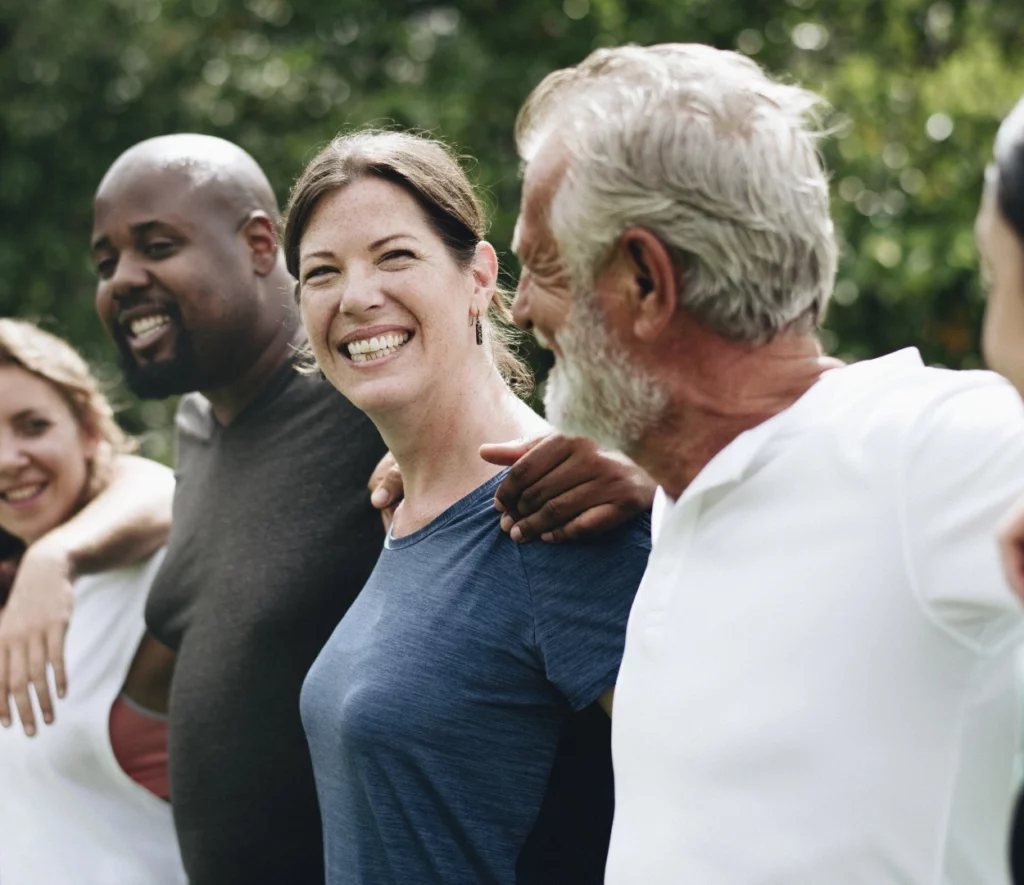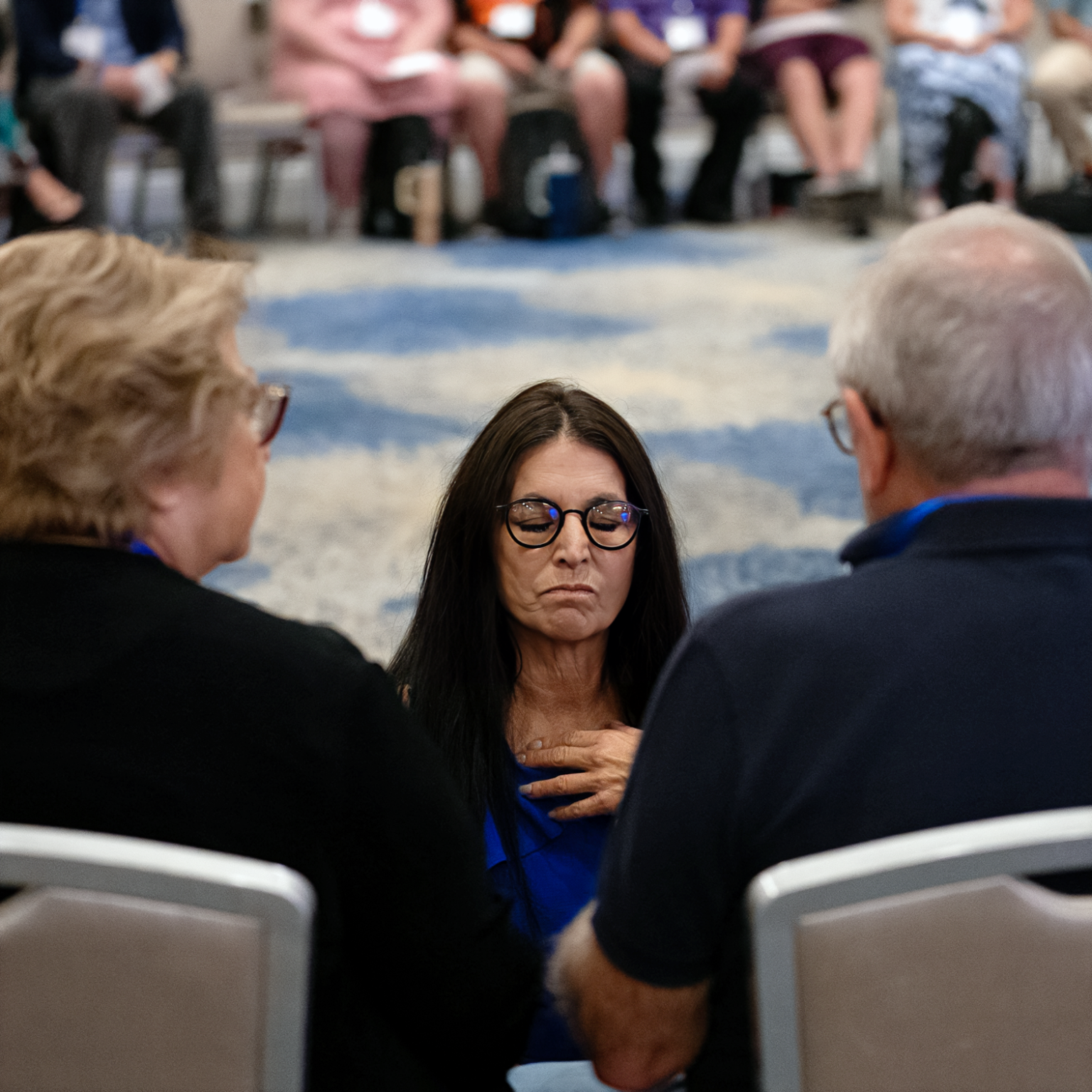
Healing The Whole Family Through Rehab Programs
Have you ever heard of the phrase, “Addiction is a family disease?” It’s very true.
Family members are so profoundly impacted by their loved ones’ drug or alcohol use that the majority of people who seek information about substance abuse treatment are parents, spouses, or children of addicts.
Our Legacy Healing Center locations offer support programs for the families of addiction sufferers so the entire family can heal and help their loved one achieve and maintain sobriety.
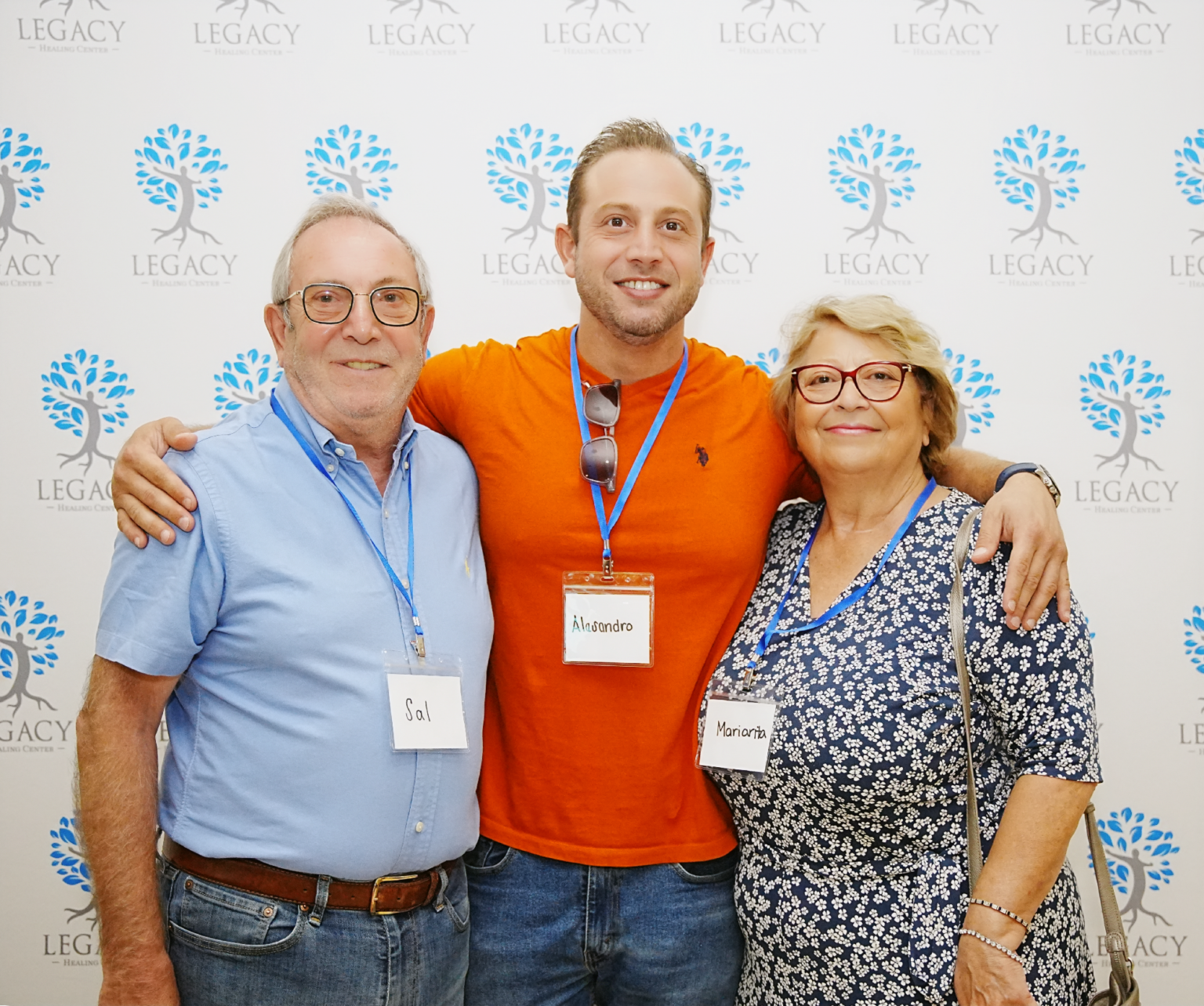
Family F.I.R.S.T. Programs
Legacy Healing Center wholeheartedly believes that families in recovery stay together (F.I.R.S.T.). All of our support programs for families of addiction sufferers are based on that belief.
We offer:
- Three virtual support sessions each week
- Quarterly family retreats that include psychoeducation and experiential therapies
- In-person family group sessions (available at certain locations)
Through F.I.R.S.T., we educate family members on proper self-care, both for themselves and the addiction sufferer that they love. We also help families set healthy boundaries and communicate effectively, so there is a clear path forward for all involved.
Ultimately, we help rebuild relationships that have been strained by addiction, so you can once again form a meaningful connection with your loved one.
There is hope!
Download our free Addiction Recovery Guide for Families and learn about addiction, how it’s treated, and how to heal for a more meaningful life.
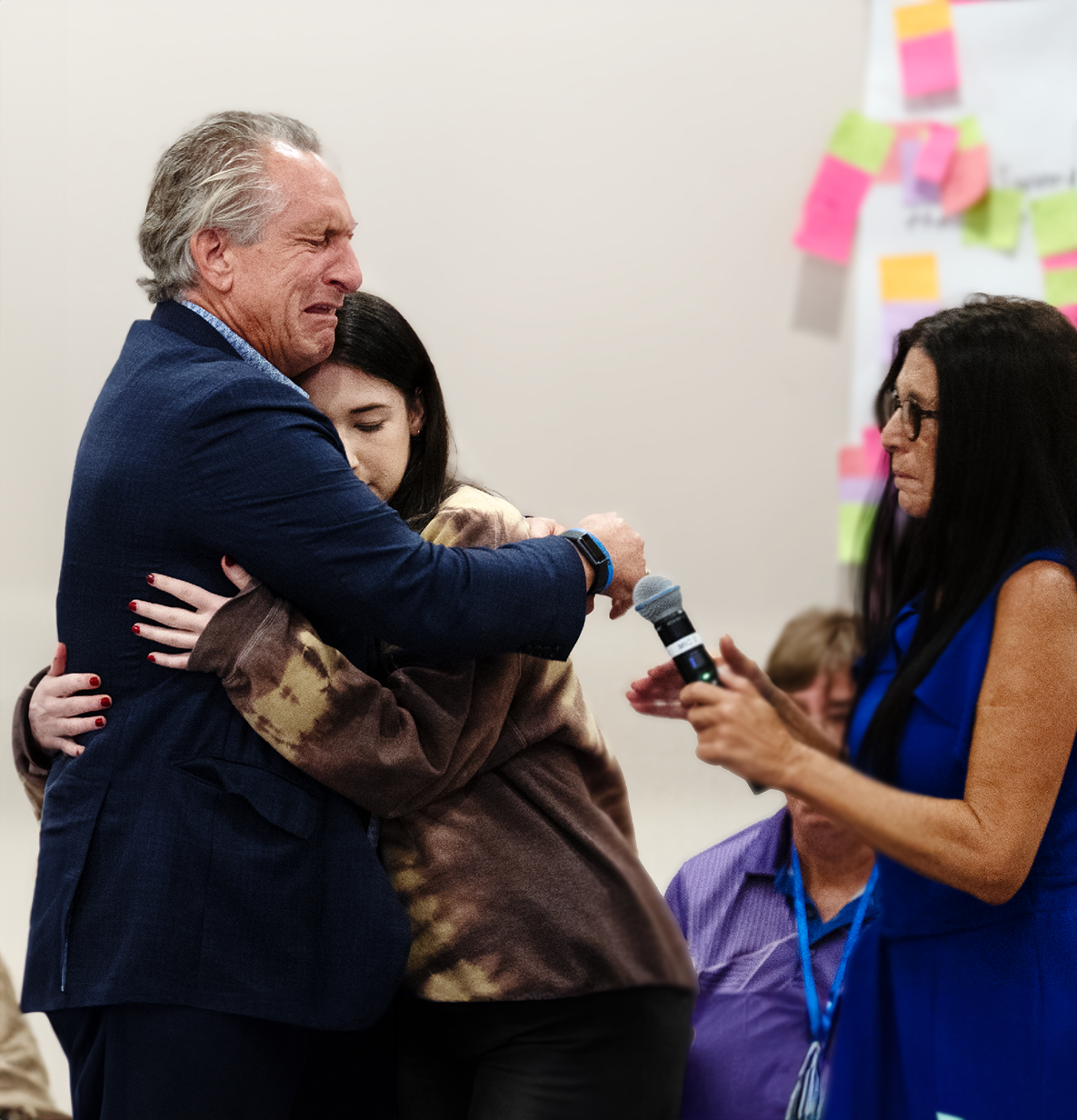
Therapeutic Help for Families of Addicts
Our programs for families of addiction sufferers use psychotherapy to help parents, spouses, and siblings resolve conflicts, rebuild trust, and improve communication while under the guidance of a therapist. The addict will not attend all sessions so that family members have a safe and comfortable space where they can openly communicate their thoughts and feelings.
Our programs for families take place while the addiction sufferer is in an addiction treatment program. During therapy, family members learn about addiction and how to best support their loved one. Family members will have the option to meet individually with our therapists to work on personal healing and group sessions with the addict to work on rebuilding their relationship. The goal of therapy is stronger, healthier relationships that not only withstand the challenges of addiction recovery but also help the individual recover from addiction rather than enable their behavior.
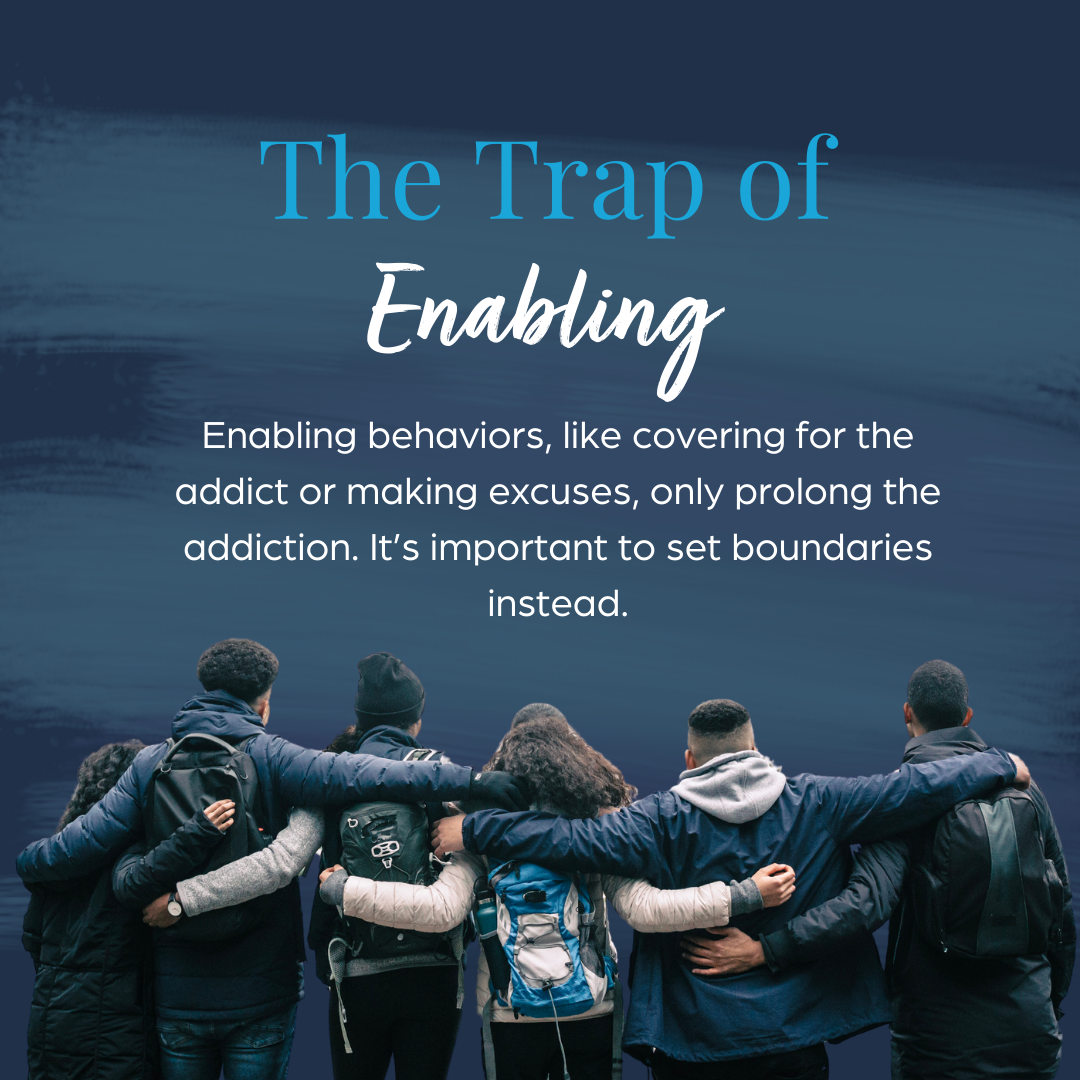
Addiction Affects the Whole Family
We know addiction is a painful disease, not just for the person who suffers from it but for their loved ones as well. Very often, addiction sufferers will act in ways that damage finances, destroy trust, degrade relationships, and cause trauma.
As a parent, sibling, or child of an addict, you may feel hopeless, like you have lost the person who you once loved. Although it may feel like a lost cause, know that with the right help, anyone can overcome addiction. Millions of people do it every year and earn the opportunity to rebuild their relationships with loved ones.
Always remember, while addiction may impact the whole family, recovery also impacts the whole family, and that families in recovery stay together.
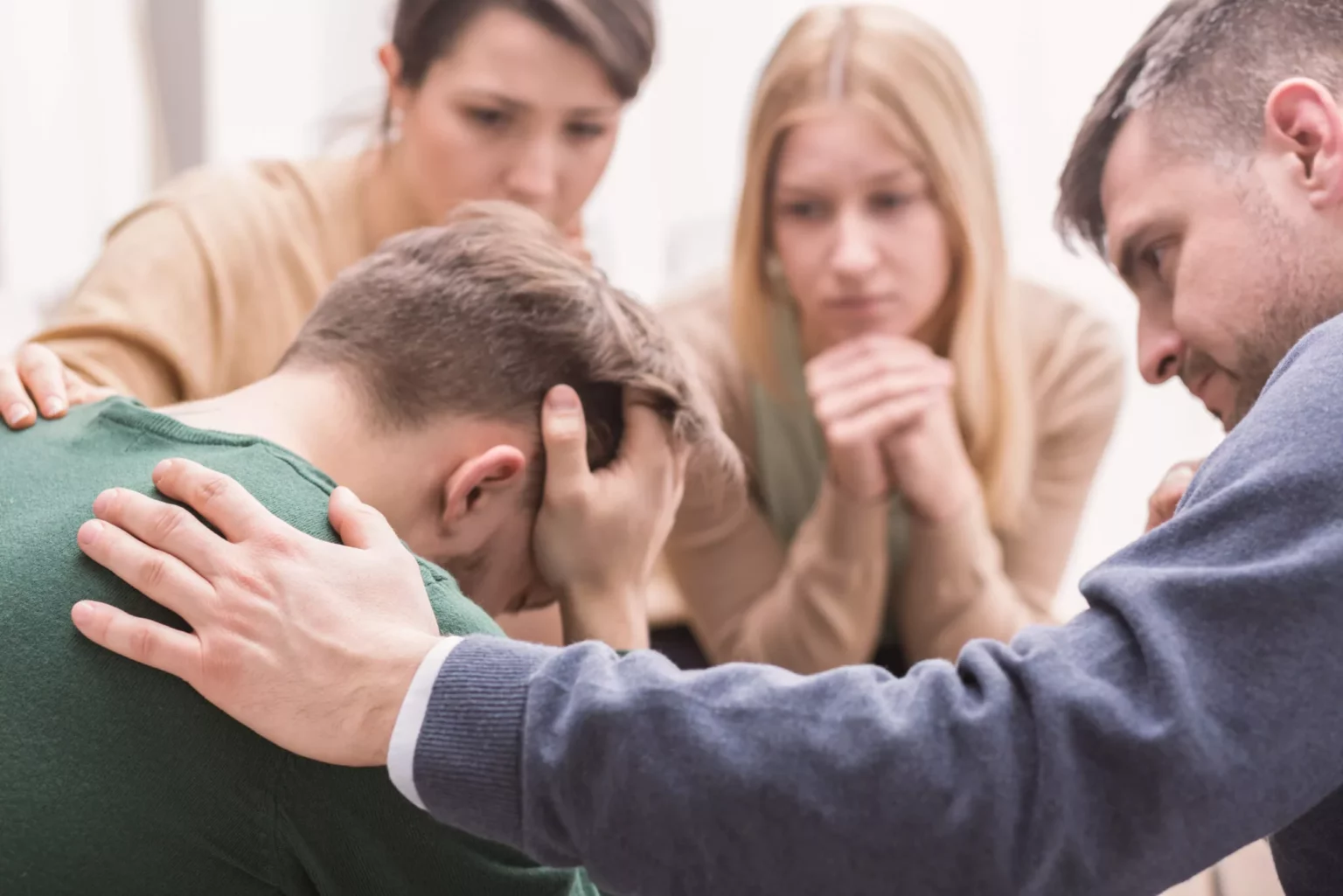
Family Roles in Addiction
In an attempt to cope with an addict’s unpredictable behaviors, family members may adopt certain dysfunctional roles or behavioral patterns. The roles in a family struggling with addiction are:
The addict is the focal point of the family. Whether intentionally or not, family members begin to spend more time and energy coping with the addict – helping, enabling, or covering up their behavior to preserve the status quo. As the addict continues their behavior, family members may take on more roles without realizing it.
The Caretaker: Also known as the enabler, the caretaker often covers and makes excuses for the addict’s problems and responsibilities to keep everyone else happy. The caretaker is also known as the “martyr of the family” because they support the addict, shield the addict from the consequences of their actions, and often sacrifice their wants and needs to care for the addict.
Similar to the caretaker, the hero of the family devotes their time and attention to covering up the addict’s mistakes to maintain the family’s “normal” appearance. The hero is typically portrayed as over-responsible, self-sufficient, or even a perfectionist.
This is the problem child – the opposite of the hero. Through acts of defiance or hostility toward other family members, the scapegoat provokes negative attention that ends up distracting from the addict’s behavior.
Known as the comedian of the group, the mascot often tries to reduce the stress caused by the addict with humor or silliness. He or she feels powerful over what’s happening and aims to prevent any unpleasantness or stress within the family with antics and comedy. However, mascots often put pressure on themselves to ease the tension of the addict’s behavior, which can lead to mental health struggles like anxiety and depression.
The Lost Child: The lost child is the quiet family member who flies under the radar while other members play their own roles in dealing with the addict. The lost child stays out of the way and eventually avoids all interactions and disappears from the spotlight.
These roles perpetuate a dysfunctional family dynamic, which can ultimately damage various relationships within a family, not just those directly linked to the addict. Think hard about your family and whether you and your loved ones have adopted these roles. If so, our support groups for families of addicts can help you heal.
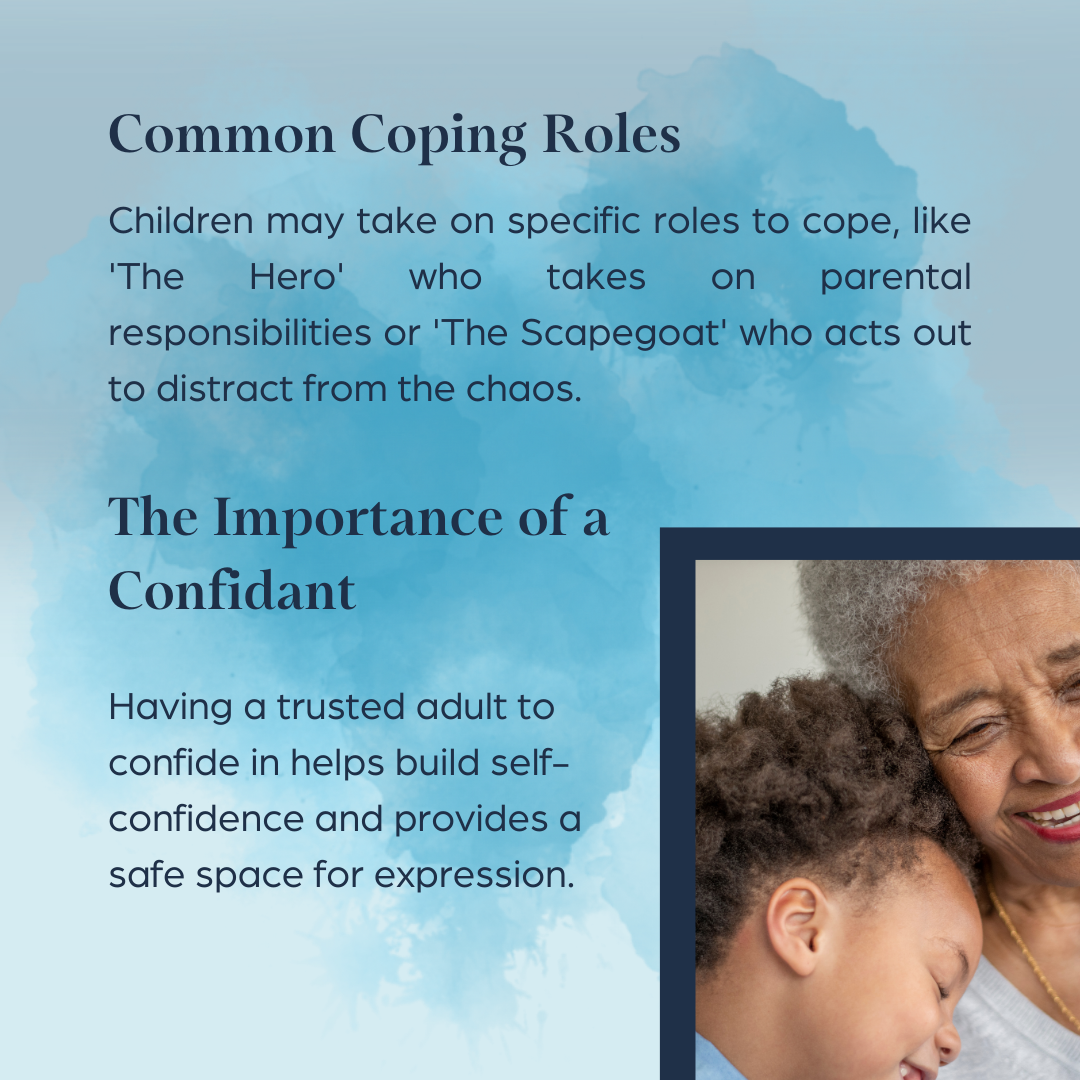
We’re Here for Your Family
If your family is struggling under the weight of a member’s addiction, it can seem like there is no escape. Luckily, hope is out there, just waiting for your call. Legacy Healing Center offers individual and group support for families of addicts that can help.
For more information contact us today.
Contact Us
If you would like to get in touch with us or simply have any questions or comments, please call us today. Our helpline is 100% confidential.
FORT LAUDERDALE, FL 33309
